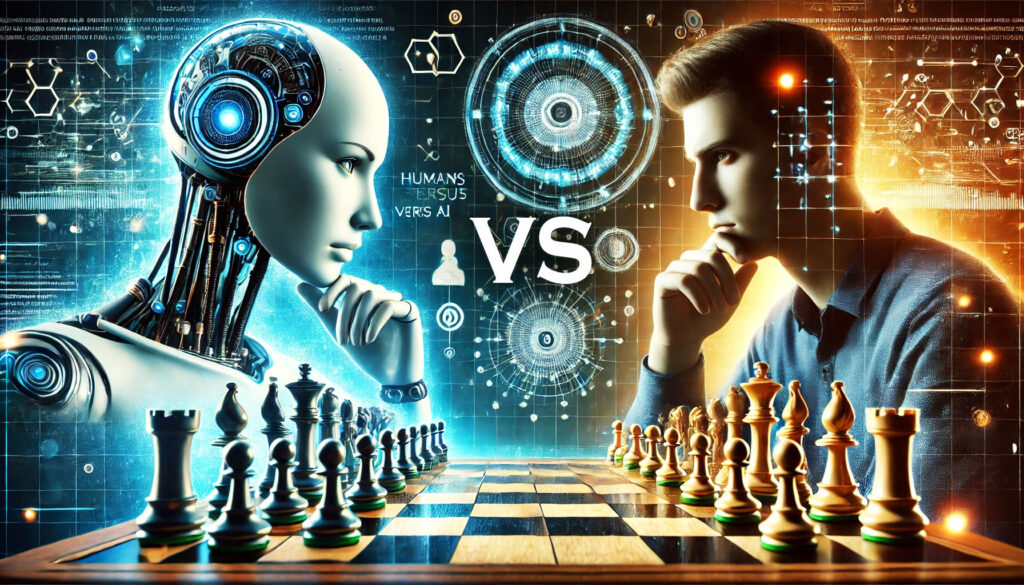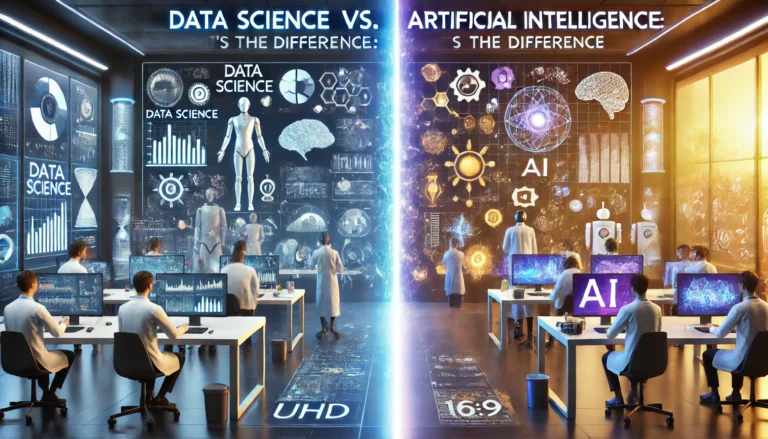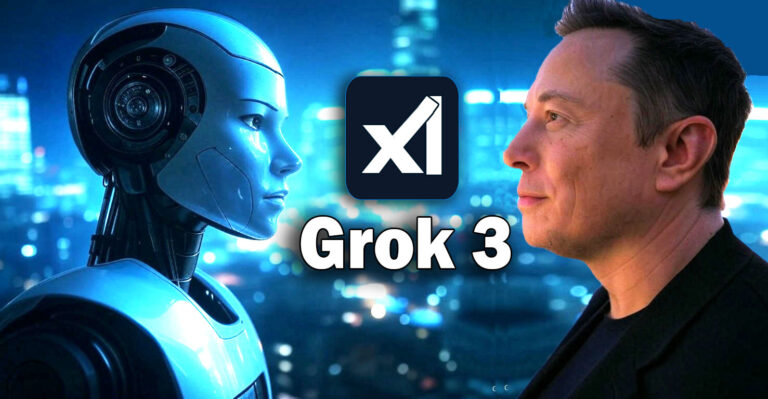
The debate of humans versus machines has taken an intriguing turn in the world of strategy games. From chess to Go and even real-time strategy games like StarCraft, Artificial Intelligence (AI) has emerged as a formidable challenger capable of outsmarting even the most seasoned human players. In this article, we explore how AI compares to humans in strategy games, the milestones achieved by both, and the broader implications for technology and society.
The Rise of AI in Strategy Games
Early Days of AI in Gaming
AI in gaming has humble beginnings. In the mid-20th century, simple programs were created to play basic games like Tic-Tac-Toe. One of the earliest pioneers was Alan Turing, who developed a basic game-playing algorithm. However, the potential of AI in strategy games wasn’t fully realized until 1997, when IBM’s Deep Blue defeated world chess champion Garry Kasparov. This historic victory marked a significant milestone, showcasing AI’s ability to compete with humans in complex games.
Modern AI Breakthroughs
The 21st century has seen AI capabilities skyrocket due to advancements in machine learning, deep learning, and computational power. DeepMind’s AlphaGo made headlines in 2016 when it defeated Go champion Lee Sedol. Unlike traditional algorithms, AlphaGo employed neural networks and reinforcement learning to master strategies that were once thought to be uniquely human. Similarly, DeepMind’s AlphaStar demonstrated AI’s ability to excel in real-time strategy games like StarCraft II, showcasing its versatility across different game genres.
Human Strengths in Strategy Games
Creativity and Intuition
Humans have an edge in creative thinking and intuition. In chess, for example, players often devise unconventional strategies based on gut feelings rather than pure logic. These creative approaches can yield remarkable results and add an element of unpredictability to the game.
Psychological Warfare
Humans excel in psychological tactics, such as bluffing, feints, and mind games. These strategies create pressure and force opponents into making mistakes—an area where AI, which lacks emotional intelligence, cannot compete.
Adaptability
While AI relies on pre-trained models and data, humans can adapt to new and unforeseen circumstances. This adaptability allows them to make on-the-fly adjustments and respond to evolving situations in a way that AI currently cannot.
The AI Advantage
Speed and Precision
AI processes information at lightning speed, analyzing millions of potential moves in seconds. This computational prowess enables it to calculate optimal strategies with unmatched precision, giving it a distinct edge in games like chess and Go.
Pattern Recognition
AI excels at recognizing and exploiting patterns in gameplay, even subtle or counterintuitive ones. This ability is especially valuable in games with complex rules and vast possibilities, such as Go, where the number of potential moves is virtually infinite.
Consistency
Unlike humans, AI doesn’t suffer from fatigue, emotional bias, or lapses in concentration. This consistency ensures that AI remains a formidable opponent throughout any game.
Key Milestones in AI vs. Human Battles
Chess: Deep Blue vs. Kasparov
In 1997, IBM’s Deep Blue defeated reigning world chess champion Garry Kasparov under standard time controls. This victory showcased the potential of brute-force computation in strategy games, solidifying AI’s place in the gaming world.
Go: AlphaGo vs. Lee Sedol
AlphaGo’s triumph over Lee Sedol in 2016 demonstrated the power of neural networks and reinforcement learning. Go, known for its near-infinite number of possible moves, had long been considered beyond the reach of AI—until AlphaGo proved otherwise.
StarCraft II: AlphaStar
In 2019, DeepMind’s AlphaStar defeated professional StarCraft II players, highlighting AI’s ability to excel in real-time strategy games. These games require multitasking, resource management, and long-term planning, making AlphaStar’s achievements even more impressive.
The Collaborative Future of AI and Humans
While AI has proven its dominance in many strategy games, its role extends beyond competition. AI can serve as a valuable tool for enhancing human skills, offering new perspectives and strategies that players can learn from. This collaborative approach could lead to the development of hybrid strategies, combining human creativity with AI’s analytical precision.
Ethical Implications and Challenges
Fair Play and Transparency
The use of AI in competitive gaming raises important questions about fairness and transparency. Should AI be allowed in tournaments? If so, under what conditions? Establishing clear guidelines will be crucial to maintaining fair competition.
Dependency on AI
As AI becomes more integrated into gaming, there is a risk that players may become overly reliant on it. This dependency could stifle human creativity and innovation, potentially diminishing the essence of competitive gaming.
Broader Societal Impacts
The advancements in AI demonstrated in strategy games have implications far beyond entertainment. These technologies are influencing fields such as military strategy, financial modeling, and healthcare, showcasing the transformative potential of AI across industries.
Conclusion
The contest between humans and AI in strategy games is not a zero-sum game. While AI has proven its superiority in specific areas, humans continue to excel in creativity, intuition, and psychological insight. This dynamic interplay pushes the boundaries of gaming and drives innovation across various fields. The future of strategy games lies in collaboration, where humans and machines work together to unlock new possibilities and achieve greater heights.




